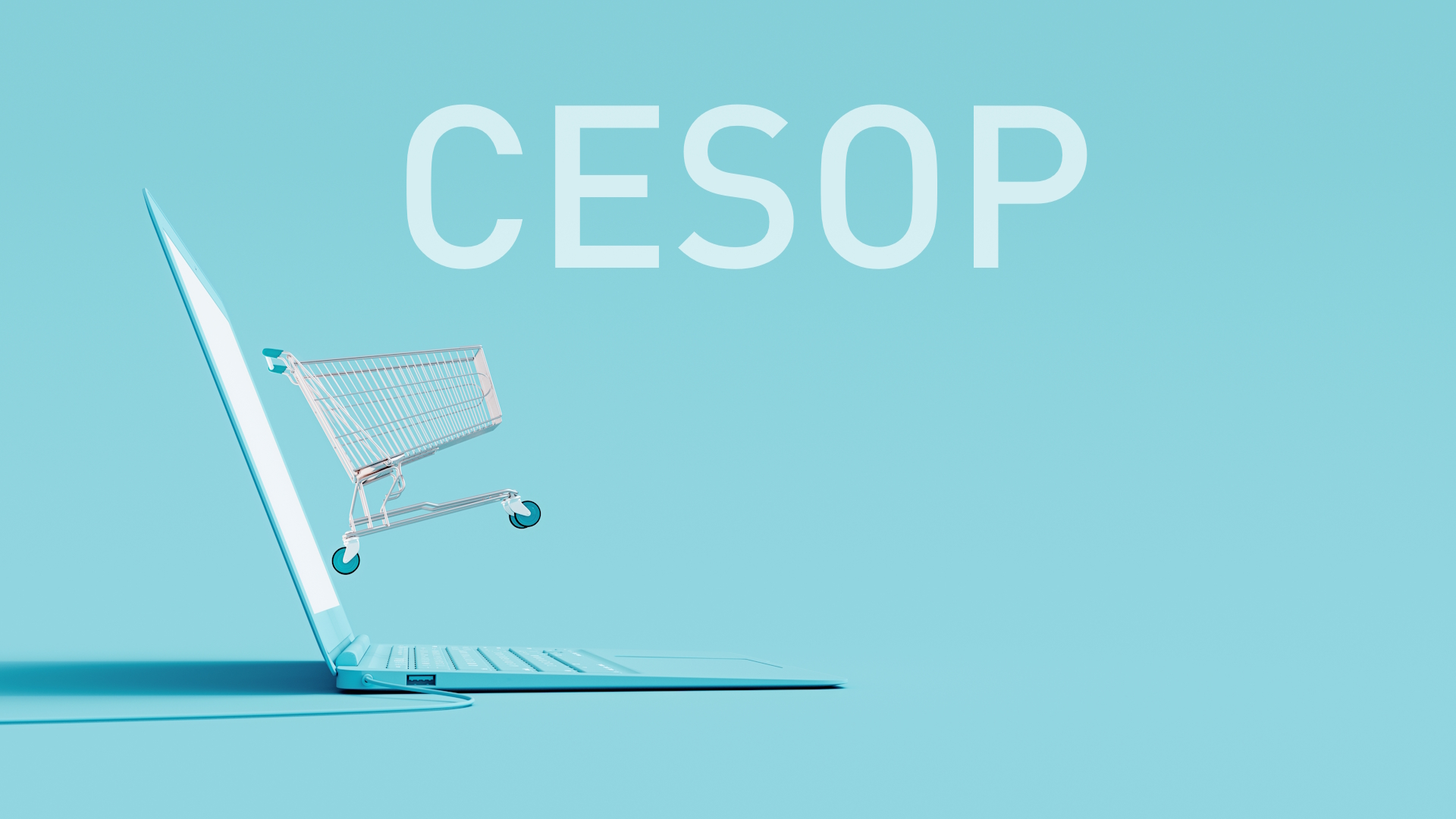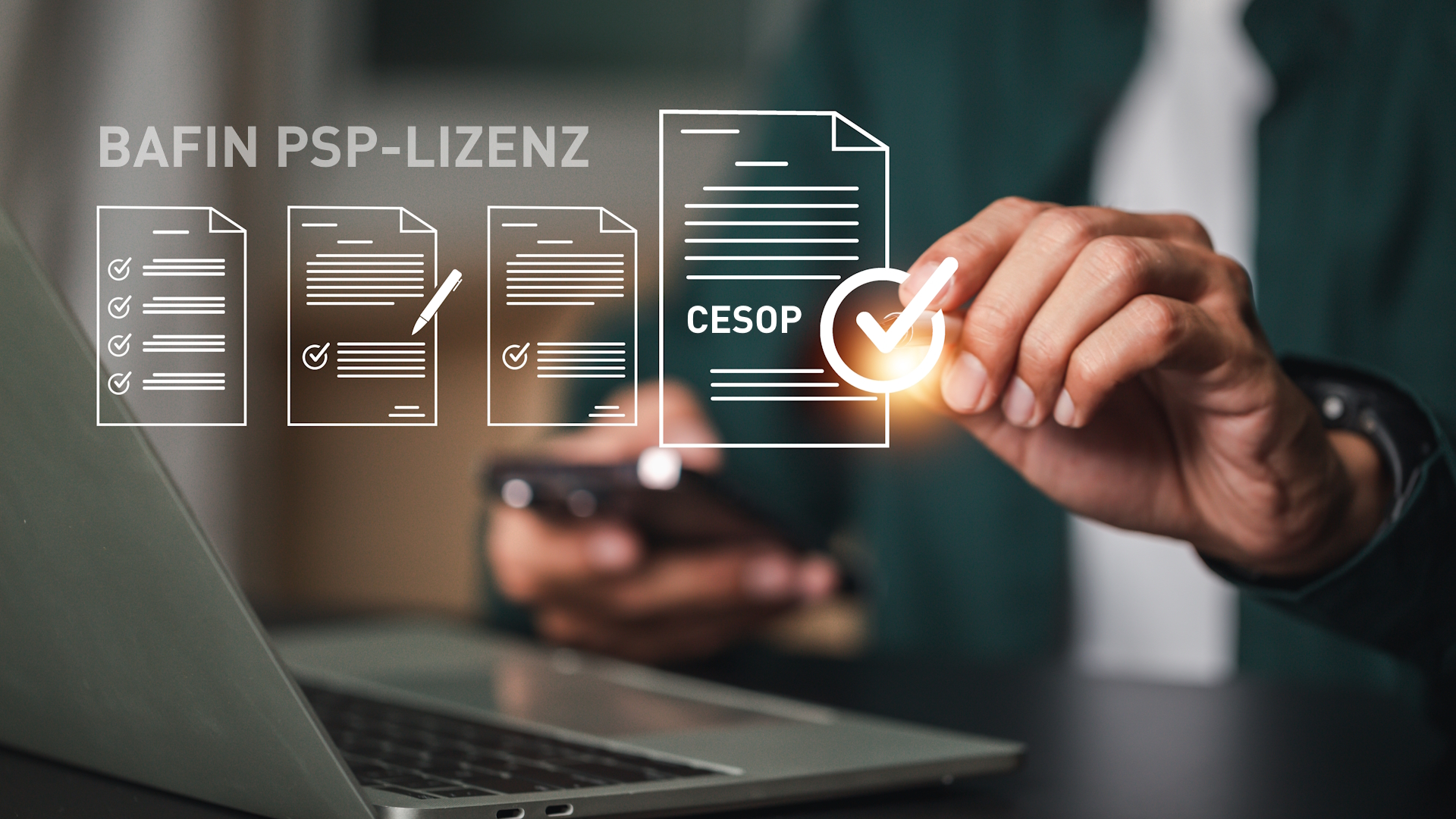By Thuy Nguyen and Florian Sager
CESOP is an ongoing challenge for the financial industry. Whilst most of the financial institutions already started implementation projects, the term CESOP is still unknown to many electronic commerce marketplaces. In fact, marketplaces which handle the transfer of funds between buyers and sellers are subject to the same reporting obligations as banks are. In this post, we summarize some of the main specific applications of CESOP to marketplaces.
Who is obliged to report?
Since the implementation of Directive (EU) 2015/2366 of 25 November 2015 („PSD2“) E-Commerce platforms such as marketplaces acting on behalf of the seller and the buyer in a transaction are regularly treated as PSPs and are therefore in scope of the obligations set forth in the CESOP Directive. This is due to the fact that only the marketplace knows the identity of buyer and seller whereas PSPs involved on the side of buyer and seller can only report on the transactions made with the marketplace itself.
Unfortunately, the exemption rules of Art. 32 PSD2 do not apply to CESOP. This means that also small marketplaces which are not covered by the full regulatory regime of PSD2 so far are under the obligation to provide CESOP reports.
If your marketplace involves the holding and transfer of funds between users, especially with a significant number of cross-border transactions, CESOP becomes a crucial consideration for your business.
What must be reported?
Reports on cross-border payments will be submitted to member states in XML-Format when there are more than 25 such payments made to the same payee in one member state within a given calendar quarter.
Marketplaces must report the following information about payments:
- The date and time of the payment.
- The type of payment.
- The amount and currency of the payment.
- The payer.
- The payee.
Marketplaces must also report the following information about the seller:
- The seller’s name.
- In some cases, the seller’s VAT registration number.
- The seller’s address.
Where must the information be reported?
As any other PSP, a marketplace must report transactions to tax authorities in those EU member states where it provides its services. This can be a challenge for those marketplaces acting on an international level. According to the CESOP guidelines a marketplace established in one member state and passporting its PSP license to all other member states will have to report in all 27 member states, each state having its individual rules and infrastructure provided by its national tax authorities.
Most of the banks rely on the IBAN of the payee or the payer to determine where a payment service was provided which is in line with the instructions of the German national authority. This significantly limits the number of states and tax authorities that are truly relevant for each institution. For SEPA transactions it will regularly be the payee’s PSP that is under the obligation to report a transaction. As a German bank uses German IBANs, it will report this transaction in Germany, even if the customer lives in Austria.
Marketplaces do not use IBANs but user accounts to address their customers. Hence, they will need to refer to the location of the buyer and the seller to determine where to report a transaction. The unpleasant result is that there may be reporting obligations in all 27 member states even for small marketplaces.
The marketplace will need to implement some logic to handle all possible scenarios of buyer and seller being located in different EU member states or third countries. And it will have to uphold accounts and connections to 27 tax authorities, file 27 reports and handle 27 validation results. Particularly for smaller marketplaces this may be more than a challenge.
How can we help?
DPS is supporting various national and international institution in the implementation of an efficient and compliant CESOP reporting. Our CESOP Compliance Service allows the handling of reports to all EU tax authorities.
Are you looking for an easy way to cope with the CESOP challenge? Please feel free to contact us.











